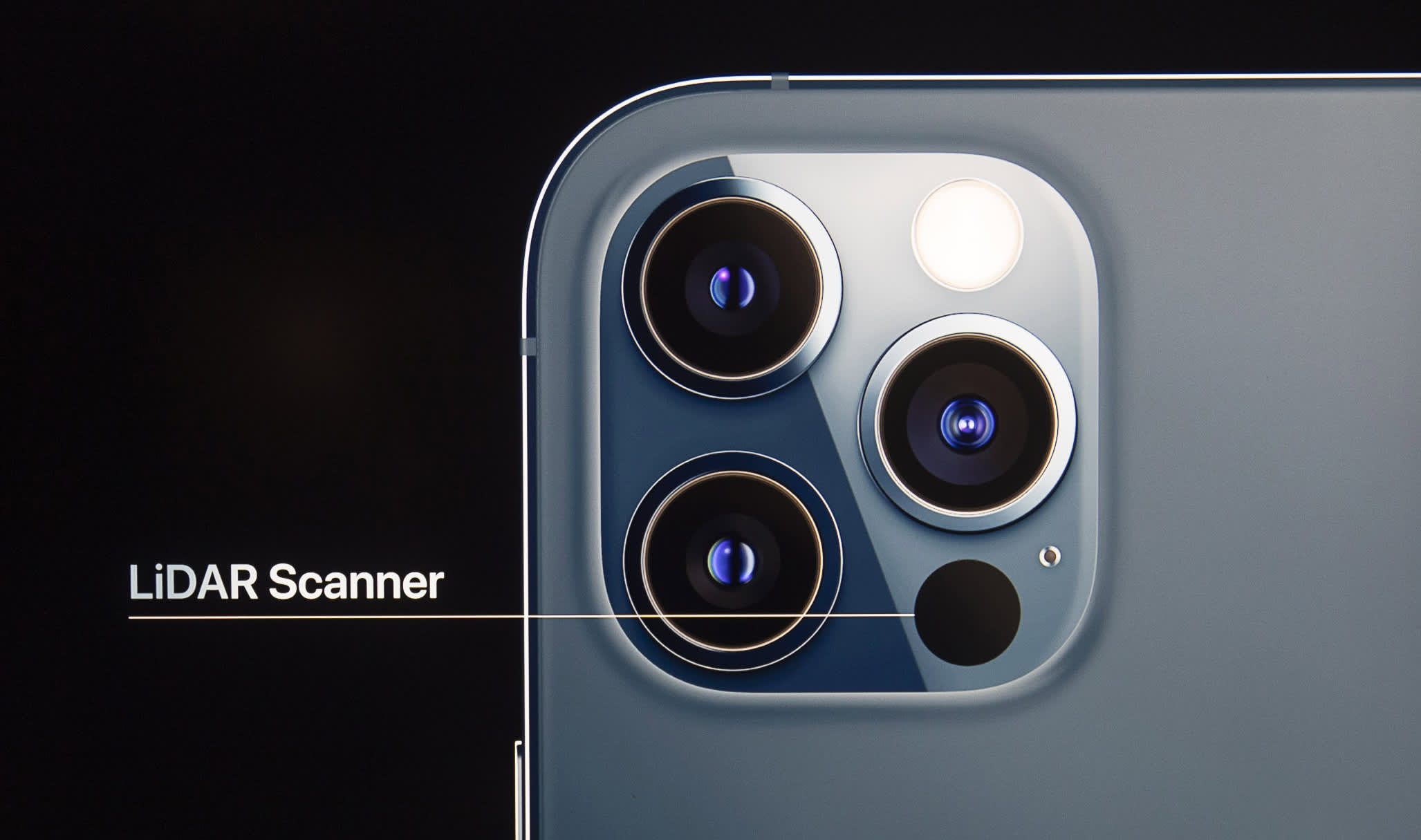Lidar stocks soar after report that Apple is working on a car for 2024

The Apple iPhone 12 Pro Max LiDAR camera is unveiled.
Daniel Acker | Bloomberg | Getty Images
Two companies that make lidar sensors saw their stocks soar on Monday after Reuters reported on hat Apple is aiming to start production of an Apple-branded car for consumers as soon as 2024.
Velodyne stock rose nearly 23% on Monday. Luminar rose over 27%.
Lidar is a core component for self-driving cars that allows their computers to take a 3D image of the world around them. The sensors measure the range or velocity of objects using a process that is similar to radar — they bounce lasers off objects and when the light returns, the sensors can calculate how far away the object is and if it’s moving.
Self-driving car companies like Alphabet‘s Waymo and GM‘s Cruise make heavy use of lidar in their self-driving systems. Apple has decided to use outside partners for parts of its self-driving system, including lidar sensors, according to the report.
However, the report does not name any prospective lidar suppliers to Apple, and also also notes that Apple could instead decide to use lidar sensors that it designed. Newer iPhones and iPads come with an Apple-designed lidar sensor in their camera modules, although this sensor would likely have to be modified for use on a vehicle.
Apple declined to comment on the report.
Apple has tested self-driving cars in California with a safety driver behind the wheel who can take over. An early version of those vehicles had visible lidar sensors mounted on the top, but a subsequent version spotted on California streets hid the sensors inside a casing. Apple also runs a fleet of vehicles that capture street-level imagery for Apple Maps, and those cars are also equipped with lidar sensors.
A recent wave of excitement around electric and self-driving cars has driven up stock prices in the sector. Tesla’s stock is up 655% year-to-date, as of Monday’s close.
Lidar companies have benefited from investor excitement.
Velodyne went public through a SPAC in September. At the time, it said it recorded a net loss of $67.2 million on revenue of $101.4 million in 2019. In November, it said it sold 2,235 sensor units in the most recent quarter, at an average selling price of $5,600.
Luminar went public through a SPAC earlier this month, and it’s up over 172% since then. It’s a smaller company focused on developing technology, and lost $94.7 million in 2019 on revenue of $12.6 million.
